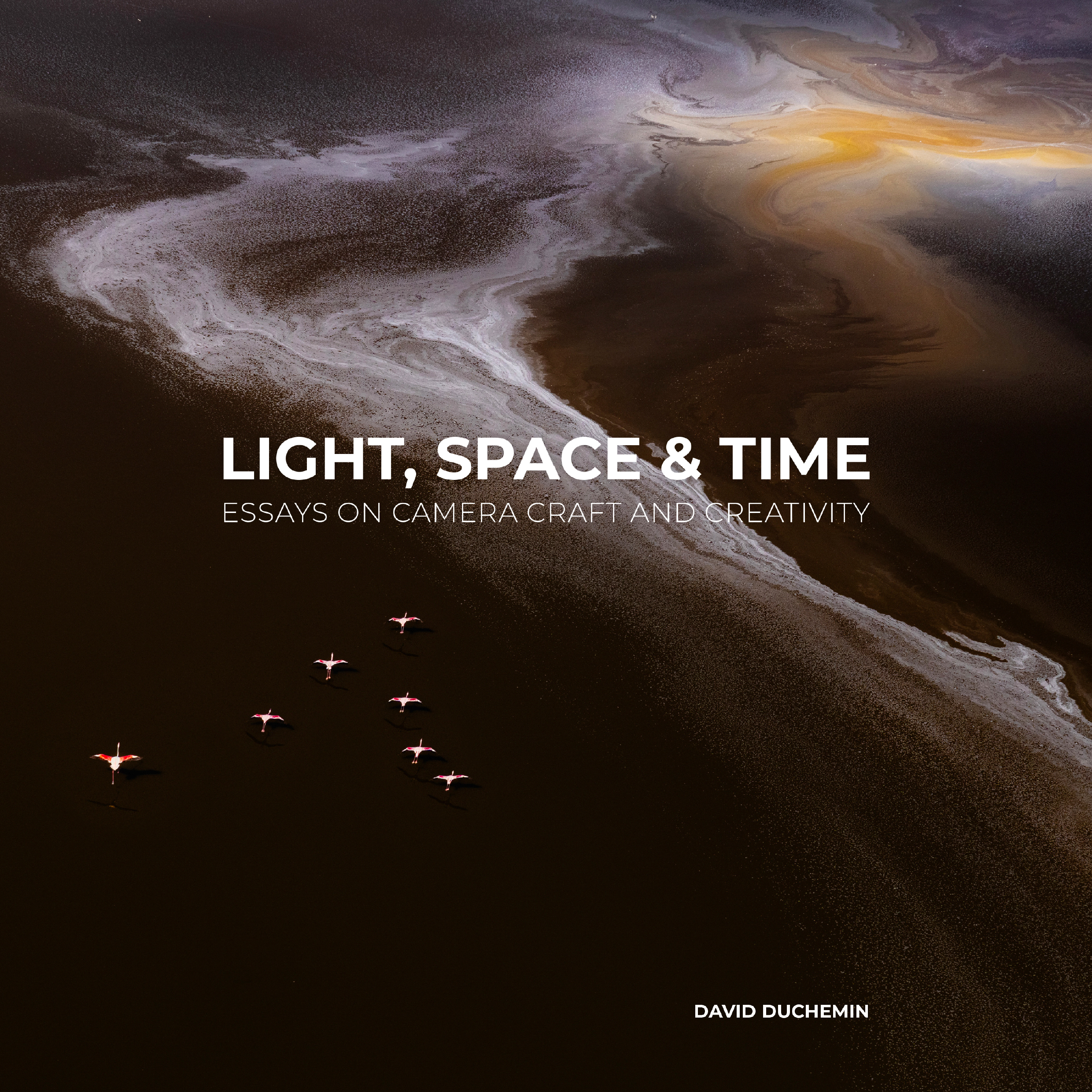
I have a confession: I only know what 5% of the buttons, dials, and menu items on my camera do. I haven’t done the math; I’m guessing it could be even less than that. But I know that my first cameras only had the ability to focus, select the aperture, change the shutter speed, and specify the ISO. The menu options on my Sony a1 bodies feel almost infinite—it would be overwhelming if I felt I needed them all. But I don’t. And you probably don’t, either.
There are photographers out there who know every button, slider, and menu option. I am not among them. My brain can only pay attention to so much. Yours too. And if you decide that you’d rather pay attention only to what you need (and this will differ for all of us, according to how we work with the camera), there’s no shame in that.
How many of the iconic photographs of the last century were made with a camera with no more options than what is needed to focus and expose? Shutter. Aperture. Focus. How many of the best images you’ve ever seen come down to how good the camera was? Some, to be sure. God knows I’m grateful I’m not focusing manually most of the time these days, and I am so grateful for the focusing speed and the tracking of the cameras I’m using. But those only help me get the shot; they don’t contribute to the mood, the story, or the composition.
This isn’t another “the camera doesn’t matter” post. Of course it matters. Dependable gear matters. Gear that does what it has to do, feels right in the hand, and acts like a trusted and loved silent partner in our picture-making matters.
Yes, the camera matters. But you matter more.
How many photographers know everything knowable about the camera but aren’t certain about their own preferences or don’t know how to make a photograph feel the way they wish it could? How many don’t know how to tell a story, or don’t know their own creativity so well that they’re willing to take the risks they need to take to make the images that thrill them?
It’s possible to know the tool better than you know yourself or the photographs you’re trying to make. Guess which one makes better images?
You need to know what you need to know. If you’ve never once thought, “Boy, I sure wish I understood my focus modes better,” then you don’t need to know them. Whatever you’re using now is all you need—until it isn’t. And then you do a quick search on YouTube. You learn. You figure it out. And then you know what you need to know again. There is no shame in not knowing. And there is no badge of honour pinned to the chest of those who do.
Give me any day the photographer who knows only 5% of what their camera can do but who takes risks and chases great light and meaningful moments, who has something to say, who is more obsessed with the music than the microphone, if you get the analogy.
What can hold you back from making the strongest photographs is shame. Fear. Doubt.
When you feel like a lesser photographer because you don’t know it all or you have vast areas of technical non-comprehension, and that keeps you from trying new things or stops you from learning because you feel like it’s beyond you. Nonsense. Everything is figure-outable. And if it’s not, there’s probably a way around it because, damn it, I’m not sure Henri Cartier-Bresson or Ansel Adams or Vivian Maier would have known what 95% of the options on my cameras are, and my photographs are still a very long way away from theirs.
I’d wager most of your favourite contemporary photographers also have large technical blind spots. But they can compose the hell out of a scene, have a knack for choosing the moment, a keen sensitivity to light, and a high tolerance for risk. And when they need to learn something new to add another tool to the toolbox, they know how to do that, too.
The importance of deeply knowing the things you need to know to do your work can’t be overstated. But only you know what that is. And only some of that relates to your camera. Would learning something new help push your work forward? Probably. Definitely. The more we learn, the more possibilities open to us, and creativity thrives on possibilities. But it also thrives on constraints and the tension between the two.
Creativity does not thrive in a closed mind or in a heart crippled by shame or a lack of confidence.
Maybe you don’t use more than 5% of the buttons and sliders and options our tools make available to you. That’s better (and more easily solved) than using less than 5% of your heart and mind, held back by fear and doubt.
Your camera can be daunting, but it can be learned. The same can also be said about your creativity, except that’s arguably more important. Both matter. But if you can already focus and expose the former, the rewards for focusing your attention on the latter and exposing yourself to the challenges of your creative mind are where you will make your most significant gains.
For the Love of the Photograph,
David
The biggest challenges for most photographers are not technical but creative. They are not so much what goes on in the camera but what goes on in the mind of the person wielding it. Light, Space & Time is a book about thinking and feeling your way through making photographs that are not only good, but truly your own. It would make an amazing gift for the photographer in your life, especially if that’s you. Find out more on Amazon.

